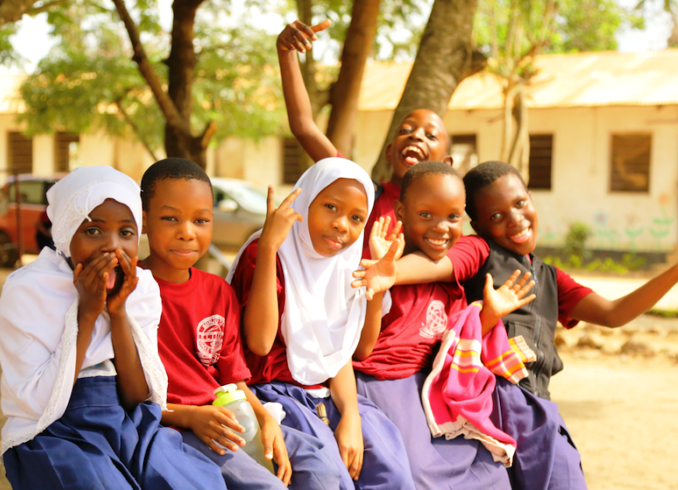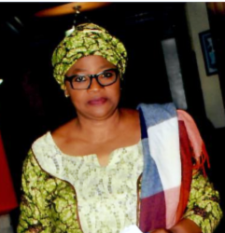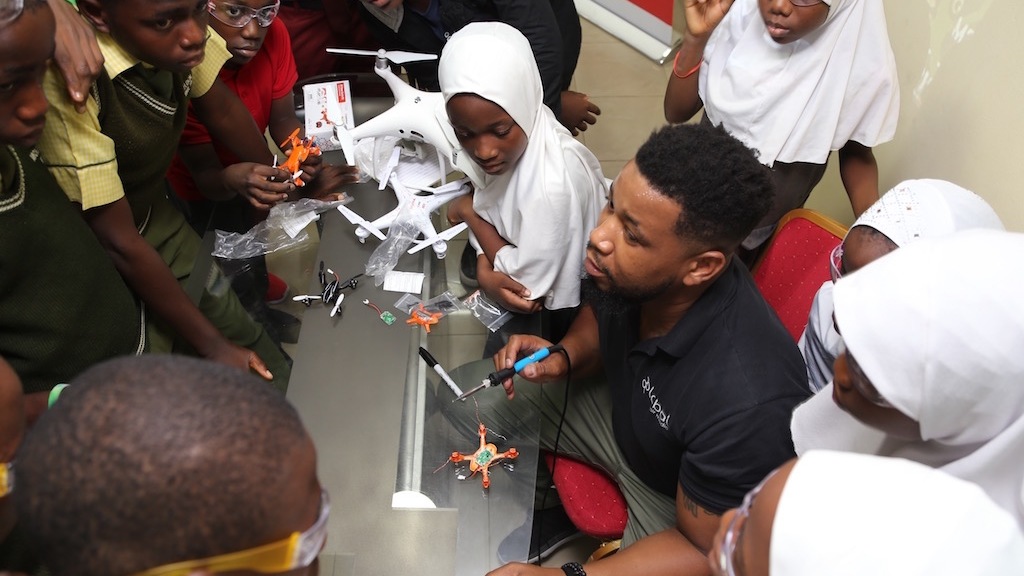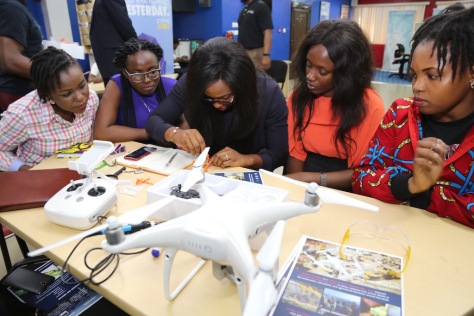By Sanmi Falobi
Abuja, Nigeria’s capital is the centre for discourse as the International Press Institute (IPI) brings together hundreds of media proprietors, journalists, media professionals, media professionals groups and associations from across the continents for the 2018 congress of the IPI.
The 2018 edition of the annual World Congress with the theme “Why Good Journalism Matters” running for three days, from Thursday June 22, 2018 to Saturday June 23, 2018 was officially declared opened at an event in presidential Villa. The opening ceremony entailed a session tagged, ‘Conversation With The Government Of Nigeria’ moderated by the Chairman/Chief Executive Officer of Channels Media Group, Mr. John Momoh. The session had government officials including the Minister of Finance, Kemi Adeosun; Minister of Information and Culture, Lai Mohammed; Minister of Trade, Industry and Investment, Okechukwu Enelemah; and Minister of Interior, Abdulrahman Dambazzau, discussing key issues in the country.
According to a press statement by spokesman of the 2018 IPI congress, Mr. Eric Osagie, who is Managing Director/Editor-in-Chief of The Sun Publishing Limited, thematic sessions and further discussions by media stakeholders shifts to the Transcorp Hilton Hotel where papers on various issues would be presented which in general would “affirm the indispensable role of quality media in building strong societies, showcasing investigative stories and projects that bring positive change to individuals and communities in Africa and around the world.”
Meanwhile, the second day of the congress shall have five editors and publishers from world’s leading publications speaking on the topic: “Why Good Journalism Matters (And How to Make People Like it.” They include: John Daniszewski, vice president (standards)/editor-at-large, The Associated Press; Glenda Gloria, managing editor/co-founder, Rappler; David Jordan, director (editorial policy), BBC; Khadija Patel, editor-in-chief, Mail & Guardian and Mostefa Souaj, acting director-general, Al-Jezeera.
There will also be paper on “Covering Elections, Advancing Democracy,” by chairman of the Independent National Electoral Commission (INEC), Prof Mahmood Yakubu and Mr. Lanre Arogundade, Director, International Press Centre (IPC).
The IPC shall also use the event to launch and publicly present the Nigerian Media Code of Election Coverage to media stakeholders. The presentation of the code, a revised edition of the 2014/2015 Nigerian Media Code of Election Coverage which was recently validated and endorsed by media stakeholders is expected to be graced by the EU Ambassador, who shall give a goodwill remark, amongst other dignitaries. Copies of the revised code, whose validation and production was facilitated by IPC under Component 4b: Support to the media of the EU Support to Democratic Governance in Nigeria (EU-SDGN) project, shall be disseminated to journalists present for use ahead of the 2019 general elections.
Other papers of the IPI includes: “Africa’s Looking to the Future. So is its Journalism” by Juliet Ehimuan, country director of Google; while “Reporting Africa – Shaping a New Africa Narrative would be the paper by Roukaya Kasenally, CEO, Africa Media Initiative. Others are, “Covering Development: A Guide to African Journalists” by Lisa Anne Essex, trainer, European Journalism Centre; “Understanding Terrorism and Conflict in Africa” by Victor Bwire, programmes manager, Media Council of Kenya and Hamza Idris, politics editor, Daily Trust Newspapers. Another paper entitled: “Fighting the Good Fight: African Media Face the Might of State Censorship,” will be presented by Deodatus Balile, Acting Chairman of Tanzania Editor’s Forum (TEF); Joan Chirwa, Editor-in-Chief and CEO, The Mast and Barbara Kaija, Editor-in-Chief, New Vision Printing & Publishing Company.
“Why Journalists Struggle to Make a Living and What we can do about it” shall be focus of presentations by Ralph Akinfeleye, professor of Journalism and Mass Communication, University of Lagos; Funke Egbemode, president, Nigerian Guild of Editors; Mohammed Idris, publisher, Blueprint Newspapers and Abdulwaheed Odusile, president, Nigeria Union of Journalists (NUJ).
The day’s session will be rounded off by a “Conversation with Nobel Laureate, Prof Wole Soyinka with Kenneth Woosuk Choi, Editor of The Chosun Daily Newspaper, Korea also speaking at the event.
The Saturday session of the congress will feature papers on “Collaborative Investigative Reporting on Corruption, Financial Crime and Abuse of Power; Covering Natural Resources and the Extractive Sector; Contending with Fake News and Propaganda; Innovative Ways to Fund Investigative Journalism; What Change Can I Bring? Evidence is Power: Presentation of Independent and Secure Platforms for Journalists in Nigeria” among others.





 In addition to the students’ seminar, thirteen female STEM leaders were mentored on the evolving technology needs of the 21st century, particularly in the fields of real estate and construction, cinematography, as well as humanitarian and emergency response.
In addition to the students’ seminar, thirteen female STEM leaders were mentored on the evolving technology needs of the 21st century, particularly in the fields of real estate and construction, cinematography, as well as humanitarian and emergency response.